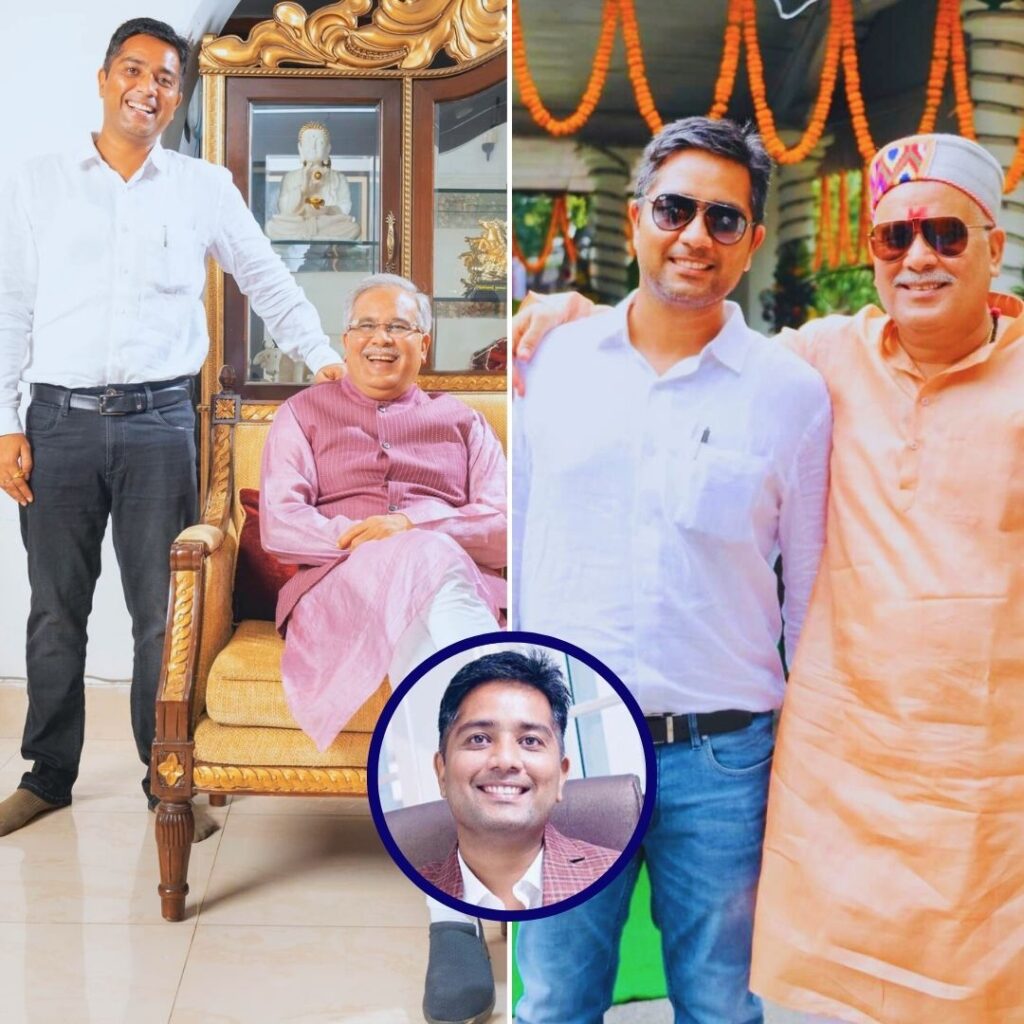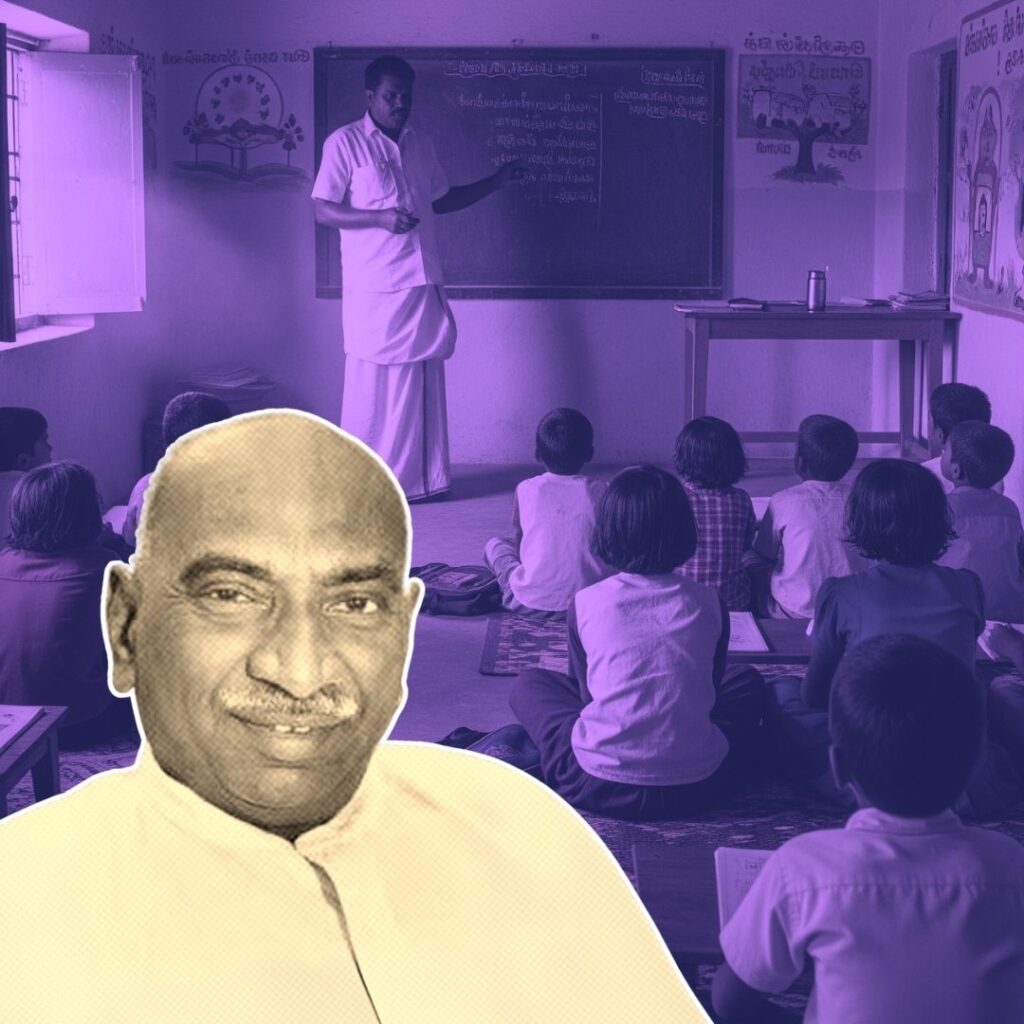In a significant development, the Supreme Court today asked the parties involved in the Ayodhya dispute to sort the matter outside Court.
Hearing a petition filed by Subramanian Swamy, the Supreme Court said the construction of a Ram temple at Ayodhya is an issue of sentiment and religion. The Court said, “The matter involves sentiments on both sides. It should be settled amicably between the disputing parties … The Supreme Court will come in the picture if you can’t settle the dispute outside the Court.”
In his plea, the BJP leader said numerous attempts for a negotiated settlement had failed and a judicial intervention was required. Swamy was told to mention the case on March 31.
The Ayodhya dispute
The Ayodhya dispute is a political, historical, and socio-religious debate in India. It is centred on a plot of land in Ayodhya, Uttar Pradesh. The main issues revolve around
access to a site traditionally regarded among Hindus to be the birthplace of Rama, the history and location of the Babri Mosque at the site, and whether a previous Hindu temple was demolished or modified to create the mosque.
The Ram Janmabhoomi debate climaxed on 6 December 1992 when a mob tore down the disputed 16th-century Babri mosque in Ayodhya claiming it to be the birthplace of Rama. The following months saw the most brutal Hindu-Muslim riots of post-Partition India, killing at least 2,000 and displacing many more.
Relying on evidence provided by the Archaeological Survey of India, three judges of the Allahabad High Court issued a landmark judgement on the dispute in September 2010. The Court ruled that the land be divided into 3 parts, with
1/3 for the construction of the Ram temple, 1/3 going to the Islamic Sunni Waqf Board, and the remaining 1/3 going to a Hindu religious denomination called Nirmohi Akhara.
While the verdict was not unanimous over whether the disputed structure was constructed after demolition of a temple, the Court said that a temple or a temple structure predated the mosque at the same site.
In 2010, the Supreme Court had put a freeze on the judgment by the Allahabad High Court. The Ram Mandir case has been pending before the apex court for over six years.











